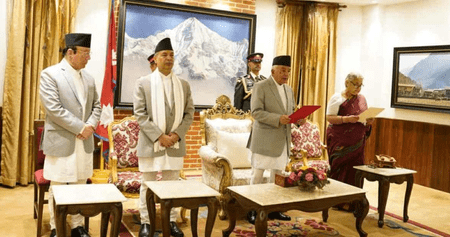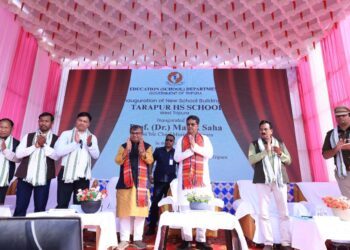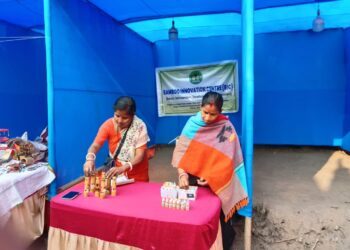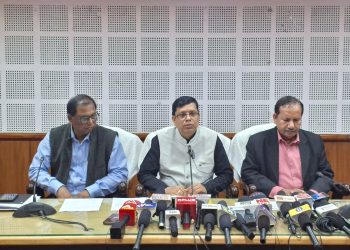Kathmandu, Sep 13 — Nepal’s President Ram Chandra Paudel on Saturday urged all stakeholders to cooperate in ensuring the successful conduct of the House of Representatives election scheduled for March 5 next year. His appeal followed the dissolution of the lower house at midnight on Friday, a move that has sparked political controversy.
The dissolution, recommended by newly-appointed Prime Minister Sushila Karki, was a major demand of Gen-Z protestors, who accused sitting lawmakers of corruption and inefficiency. Formed in 2022, the house thus met a premature end amid mounting pressure for political change.
In a press statement, President Paudel described the dissolution as a “peaceful way-out” from an extremely difficult situation, calling it an opportunity created by “tactful intervention.” He assured that the Constitution, parliamentary system, and the federal democratic republic remain intact, urging all sides to work together toward the upcoming polls.
However, eight major political parties, including the Nepali Congress, CPN-UML, CPN (Maoist Centre), and CPN (Unified Socialist), denounced the decision, calling it unconstitutional and a violation of Article 76(7) of the constitution, Supreme Court precedents, and democratic traditions. In a joint statement, they said the move “cannot be acceptable.”
Negotiations leading to the dissolution were tense, as Gen-Z protestors insisted on ending the house before any new prime minister was appointed. President Paudel, citing constitutional provisions, maintained that dissolution required the Prime Minister’s recommendation. A compromise was reached by appointing Karki as Prime Minister first, who then recommended the dissolution.
Prime Minister Karki later remarked that the timing of the dissolution was inconsequential, saying, “Since the house was going to be dissolved anyway, whether it happened earlier or later didn’t make any difference.”


















